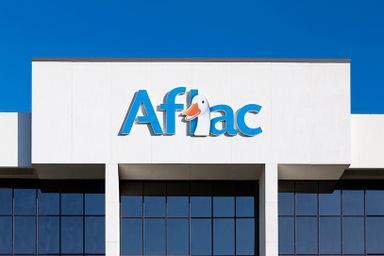Aflac, a major US insurance company, disclosed a cyberattack on its network on June 12, 2025, as part of a broader campaign targeting the insurance industry. The attack, attributed to a sophisticated cybercrime group, used social engineering tactics to gain access. Aflac contained the breach within hours and reported that its systems were not affected by ransomware. However, sensitive information such as claims data, health information, Social Security numbers, and personal details of customers, beneficiaries, employees, and agents may have been compromised.
This incident follows previous attacks on US insurance firms, including Erie Insurance and Scania’s insurance arm. The Google Threat Intelligence Group linked these attacks to the Scattered Spider ransomware group, known for its recent focus on retail operations. Experts warn that these attacks signify a shift towards targeting the human element in security breaches.
Expert Insights
“The attackers won’t keep using the same methodologies,” said Chris Gray, Field CTO at Deepwatch. “Security teams need to be proactive and view these attacks as an evolution.” Gray emphasized the importance of learning from past breaches while preparing for new tactics.
Ted Miracco, CEO at Approov, praised Aflac’s swift response and transparent disclosure. He noted that the use of social engineering and AI-assisted attacks highlights the need for a layered security approach, including phishing-resistant authentication and robust API shielding.
The insurance industry continues to face significant cyber threats, with attackers exploiting human vulnerabilities. Companies must adopt comprehensive security measures to protect sensitive information and stay ahead of evolving threats.



